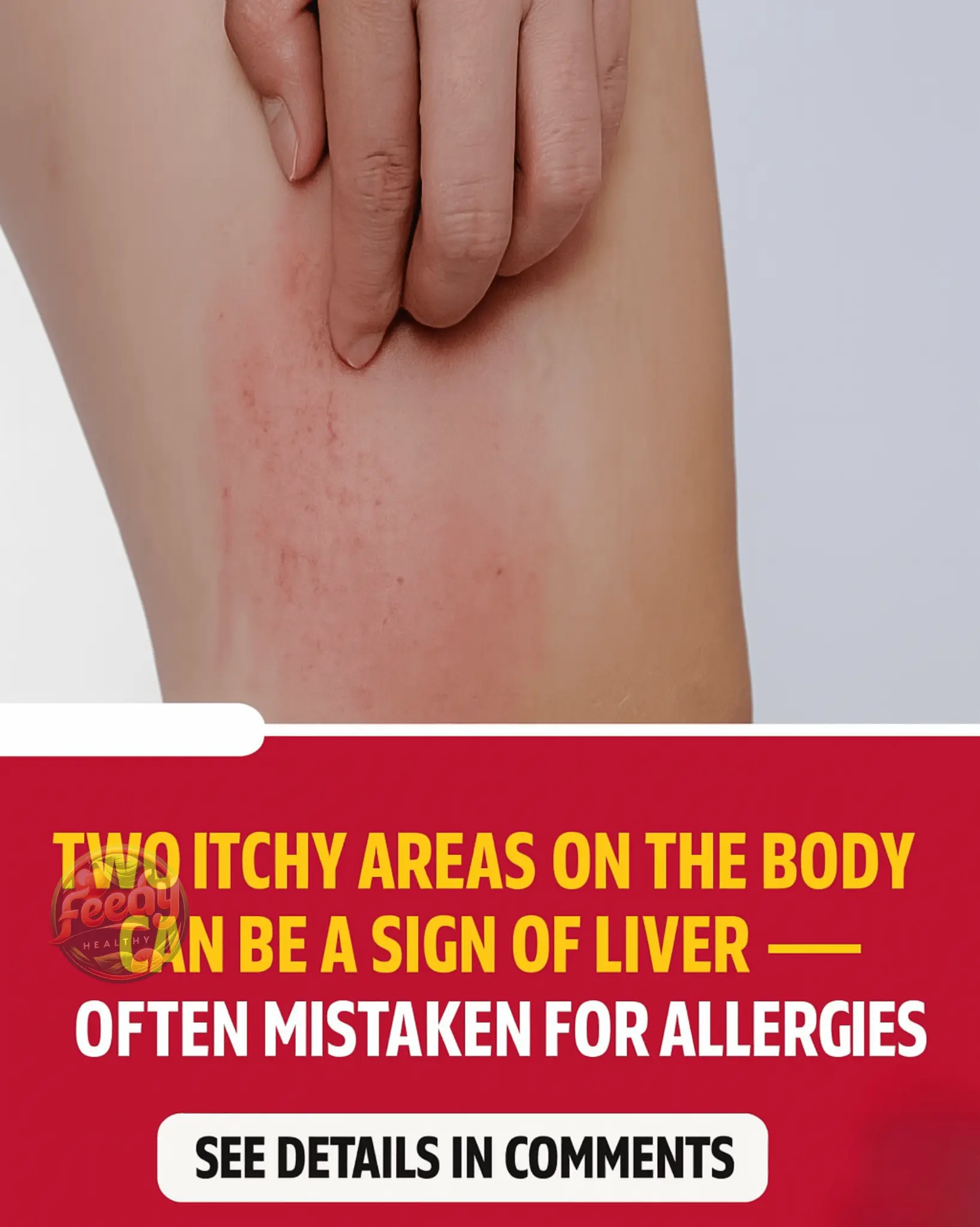
8 Foods That Are Natural Enemies of Tumors – Make Them Part of Your Regular Diet
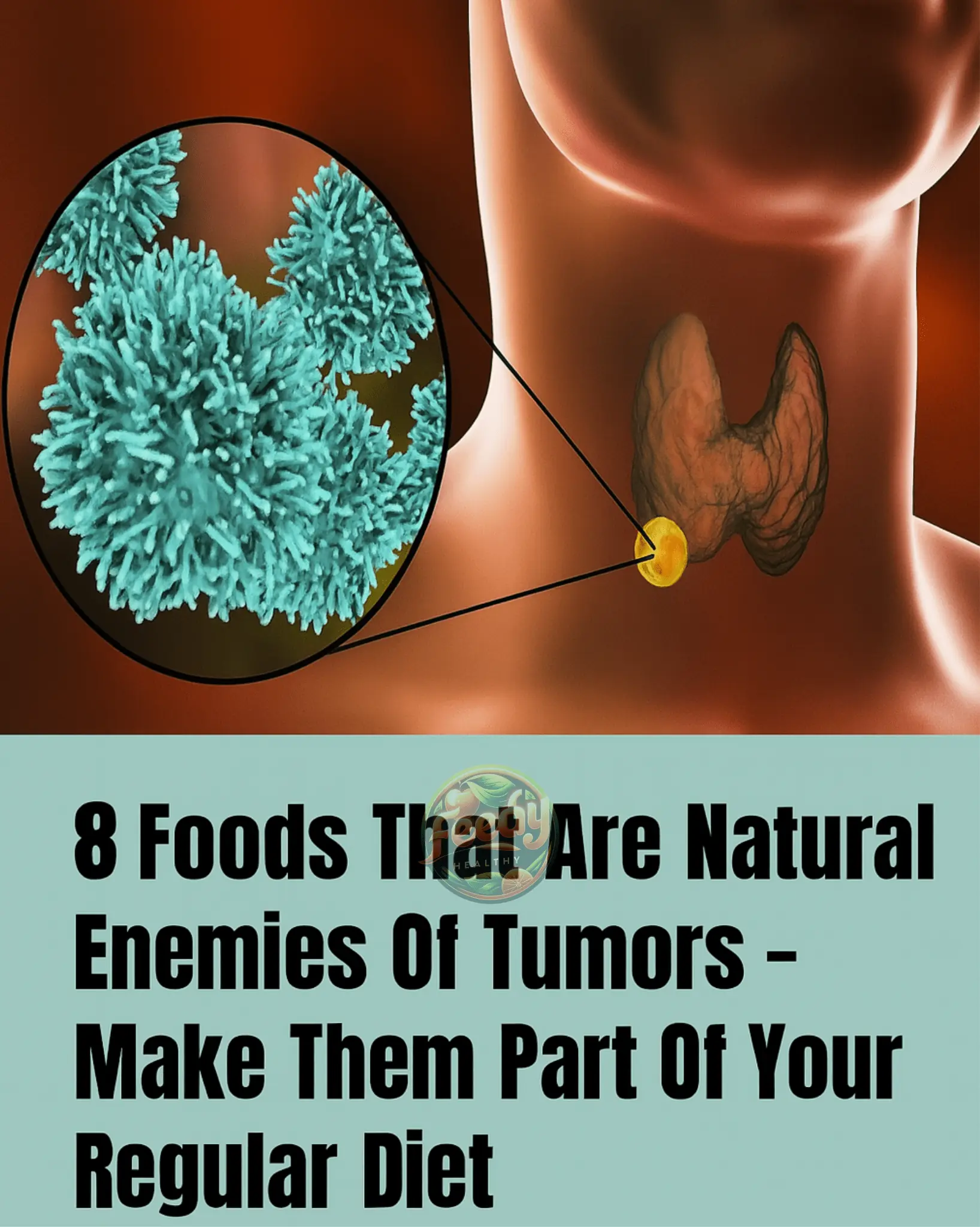
One of the most effective ways to prevent cancer is to adopt a healthy and balanced diet. Below are foods known to be “arch-enemies” of cancer—add them more often to your family’s daily meals!
1. Sweet Potatoes – Cancer Cell Destroyers
Sweet potatoes have a remarkable ability to inhibit cancer cells. Cooked sweet potatoes can inhibit up to 98.7% of cancer cells, while raw sweet potatoes show a 94.4% inhibition rate.
Purple sweet potatoes, in particular, are highly effective. Scientists have tested extracts from roasted purple sweet potatoes on cancer cells and observed clear suppression of cancer growth. When cancer-afflicted mice were fed cooked sweet potatoes, researchers saw highly promising results.
Experts recommend eating a medium-sized purple sweet potato with lunch or dinner daily—or even one large purple sweet potato per day—to strengthen health and help fight cancer. This superfood is not only safe but free of side effects.
2. Eggplant – A Powerful Cancer-Fighting Herb
Ancient Chinese texts noted that autumn eggplant roots could treat tumors. Modern research confirms that eggplants contain anti-cancer compounds. One non-toxic extract from eggplants has shown promising results in treating stomach cancer.
Eggplants are rich in solanine, cucurbitacin, stachydrine, choline, saponins, and other plant-based alkaloids. Among these, solanine and cucurbitacin are known cancer inhibitors. The flowers, roots, and juice of eggplants also have medicinal value.
Eggplants are nutritionally rich—although they have slightly lower amounts of vitamins A and C compared to tomatoes, they contain three times more protein and calcium.
3. Broccoli
All cruciferous vegetables (like cabbage, kale, etc.) have anti-cancer properties, but broccoli stands out due to its high concentration of sulforaphane—a compound that boosts protective enzymes and eliminates carcinogens.
Prevention: Breast, liver, lung, prostate, stomach, and bladder cancers.
How to eat it: Easily incorporated into any dish—from salads to pizzas.
4. Radish – Neutralizing Carcinogenic Nitrosamines
Radishes, regardless of type, are powerful cancer fighters. There's even a proverb: “Eat radish in winter and ginger in summer, and you'll never need the pharmacy.”
Radishes help detoxify the lungs, dissolve mucus, and promote urination. They contain enzymes that eliminate nitrosamines (cancer-causing agents), boost immunity, and enhance the activity of macrophages—cells that destroy cancer.
The spicy flavor of radish comes from mustard oil, which stimulates intestinal movement and helps flush carcinogens from the body. Radishes also have unknown compounds that inhibit mutation activity. Their vitamin C content is 8–10 times higher than apples and pears, and they’re rich in carotene, a known cancer-preventive nutrient.
5. Tomatoes
This juicy fruit is a rich source of lycopene, the compound that gives tomatoes their red color. Studies show lycopene may inhibit the growth of endometrial cancer cells, which claim nearly 8,000 lives annually.
Prevention: Endometrial, lung, prostate, and stomach cancers.
How to eat it: Lycopene is absorbed better when tomatoes are cooked, so incorporate them into soups, sauces, or roasted dishes.
6. Pumpkin – Suppressing Carcinogens
In several cultures, pumpkin is revered as a “magic gourd” because it’s both a food and a medicine. In China, pumpkins are often used during Thanksgiving to show gratitude.
Pumpkin is beneficial in preventing obesity, diabetes, and high cholesterol—making it a potent food for cancer prevention. It is incredibly high in vitamin A, beyond what most people imagine.
Pumpkin also contains vitamin C, calcium, fiber, and tryptophan-P, which helps inhibit cancer-causing compounds.
7. Pomegranate – Weakens Prostate Cancer Cells
Global studies have shown that compounds in pomegranate juice, including phenylpropanoids, hydrobenzoic acids, flavonoids, and fatty acids, help weaken prostate cancer cells and reduce the metastasis of tumors.
8. Turmeric – Inhibits Breast, Uterine, and Colon Cancer Cells
Used for thousands of years in India as a medicinal spice, turmeric's key compound, curcumin, has drawn considerable scientific interest.
Research confirms curcumin has strong anti-inflammatory and antioxidant effects. As a ginger family plant, turmeric helps protect the body from numerous diseases, including cancer, due to its inflammation-fighting power.
It has been shown to lower cholesterol, support liver function, protect against Alzheimer’s, relieve inflammatory bowel disease, and even combat depression.
A study from Munich showed turmeric could inhibit metastasis. Curcumin acts as a potent free radical scavenger and blocks TNF (tumor necrosis factor), which fuels inflammation signaling.
Curcumin has been clinically proven to slow the growth and spread of cancer cells in various cancers: breast, uterine, ovarian, kidney, bladder, leukemia, colon, liver, pancreatic, lung, and lymphoma.
How to eat it: Add turmeric to your diet by using it in soups, herbal teas, and curries.
News in the same category

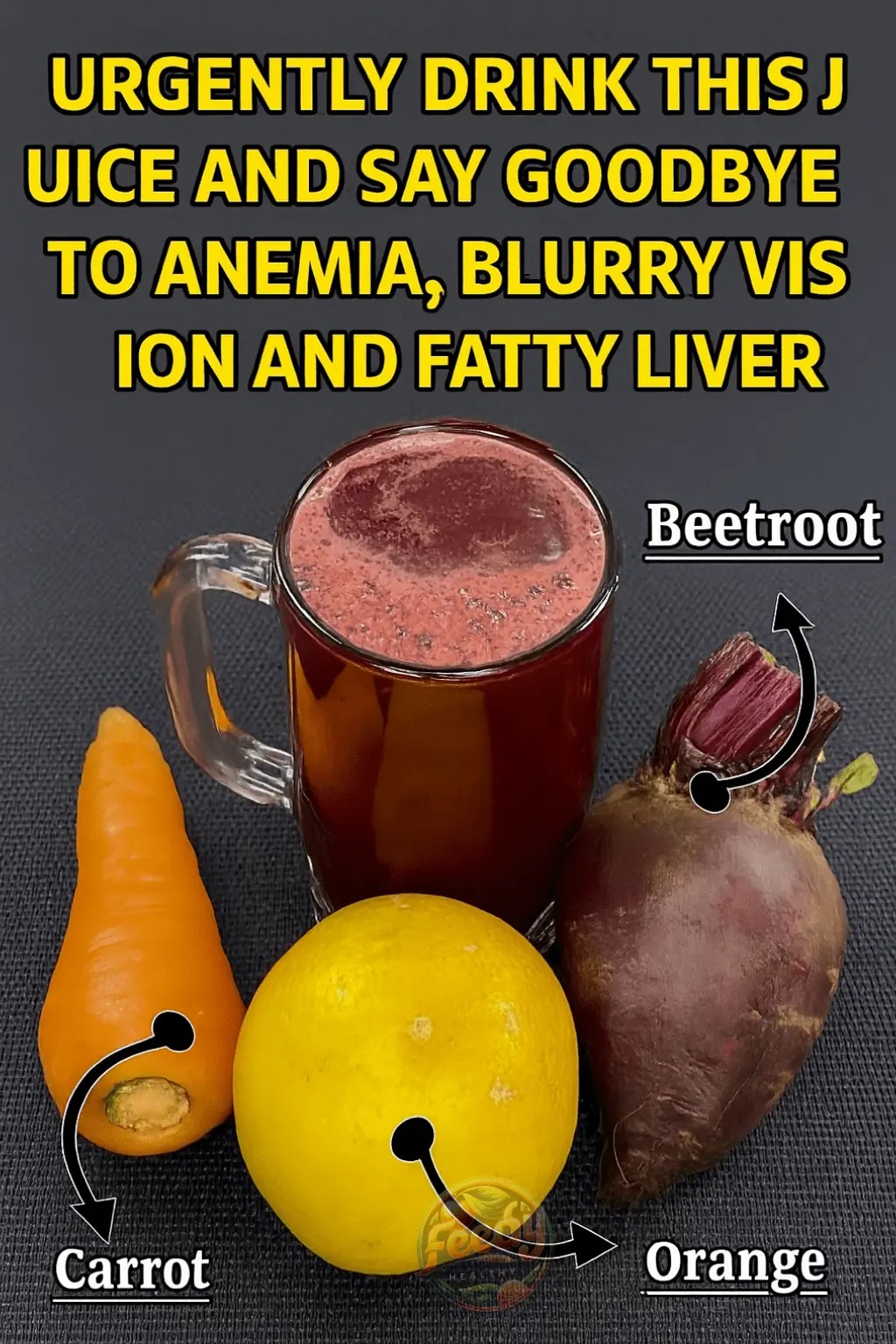
Say Goodbye to Anemia, Blurry Vision, and Fatty Liver with This Natural Drink

The 4 Golden Hours to Drink Coffee for Maximum Health Benefits: Detox Your Liver and Boost Digestion

Fig Sap: Nature’s Quiet Remedy for Skin, Digestion & Everyday Wellness

A 14-Year-Old Girl Diagnosed with Bowel Cancer Due to Her Mother's Busy Schedule: A Wake-Up Call About 5 Foods Children Should Never Eat for Breakfast

5 Mouth Symptoms That Could Signal Cancer – Don’t Ignore the Pain

Stage 4 cancer patient warns overlooked minor signs can mask a fatal disease

6 Types of Pain That May Signal Early-Stage Cancer: Don’t Ignore These Symptoms Before It Spreads

Fatty Liver Reversed Completely by Doing This Simple Daily Habit, Says Doctor: “It’s Free and Easy”
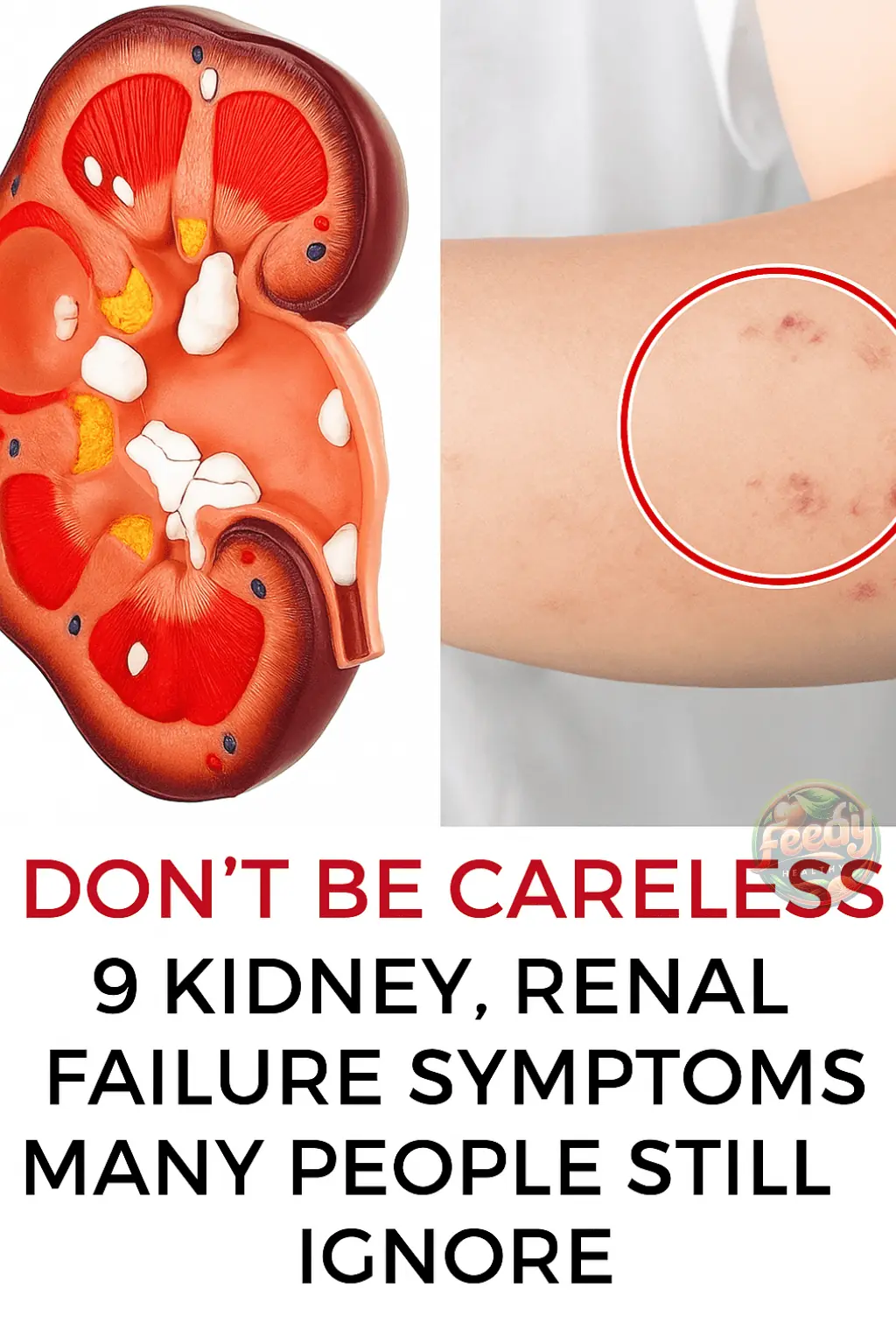
9 Symptoms of Kidney Disease and Kidney Failure Everyone Should Know
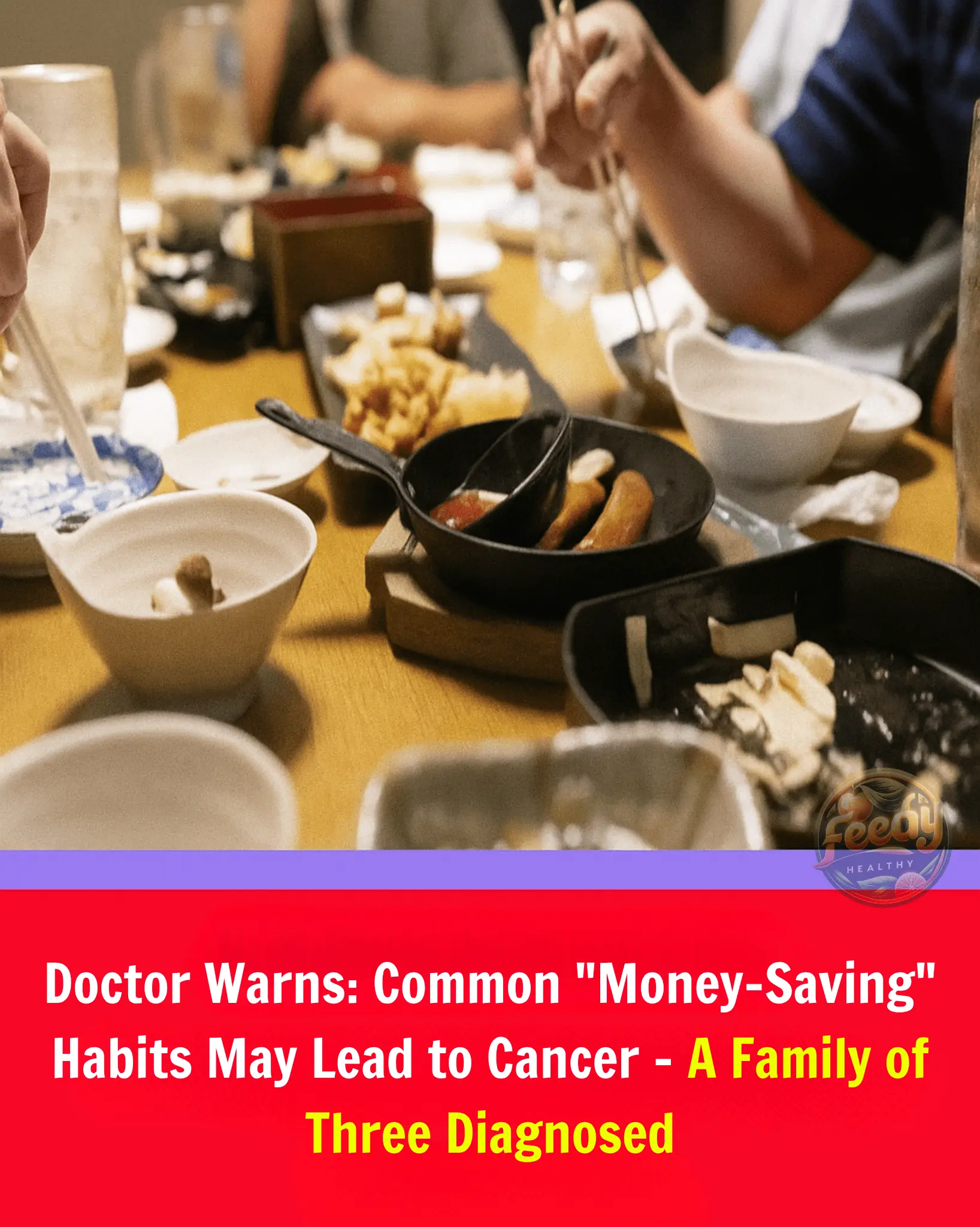
Doctor Warns: Common "Money-Saving" Habits May Lead to Cancer – A Family of Three Diagnosed
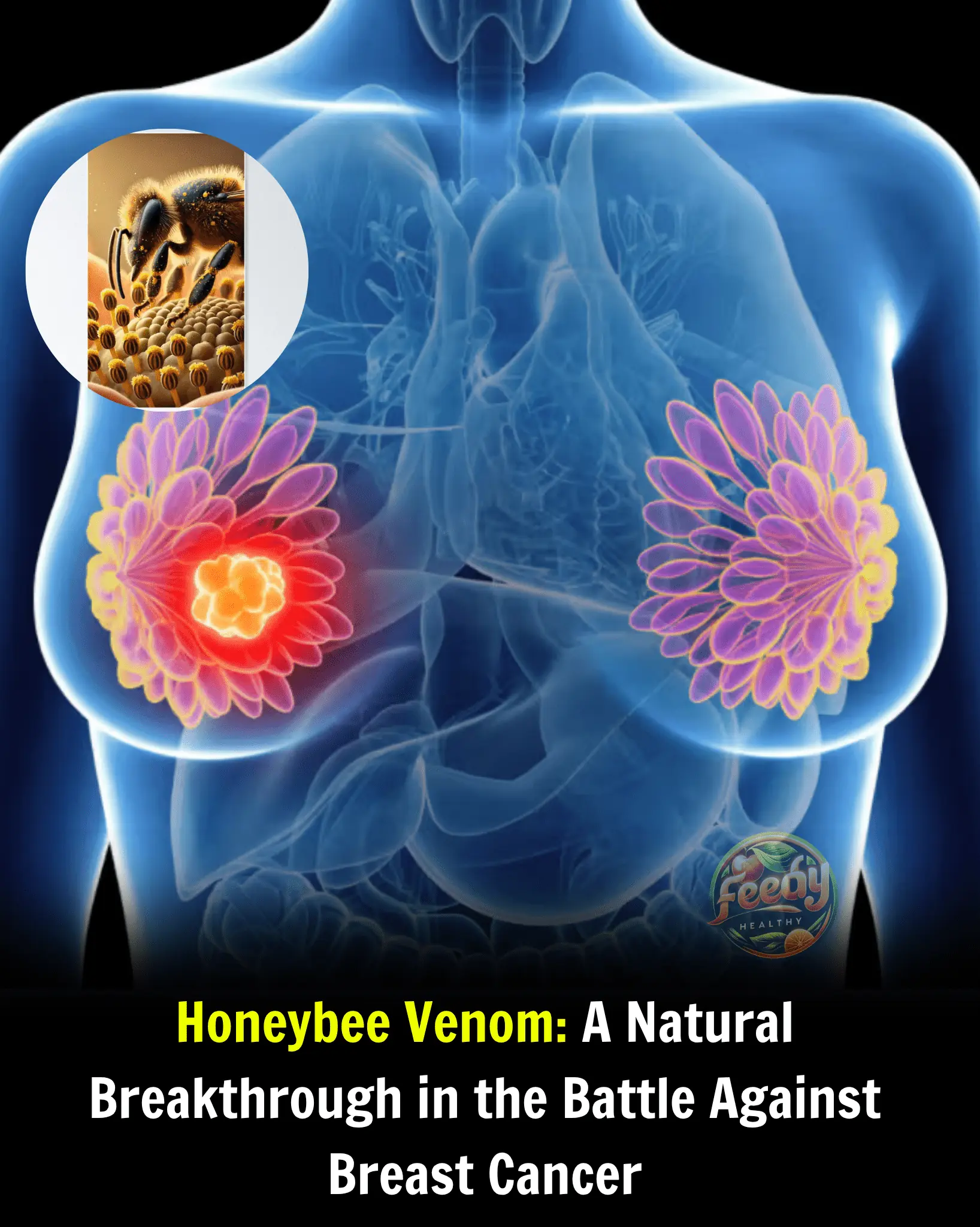
Honeybee Venom: A Natural Breakthrough in the Battle Against Breast Cancer

5 Concerning Symptoms During Sleep That May Signal an Impending Stroke

Do You Eat Cucumber? Few Know It Helps With THIS – Incredible Benefits of Eating Cucumber for Varicose Veins

DIY Flaxseed Gel Ice cubes for Clear Skin & Large Pores

Early Warning Signs That May Indicate Advanced Nasopharyngeal Cancer
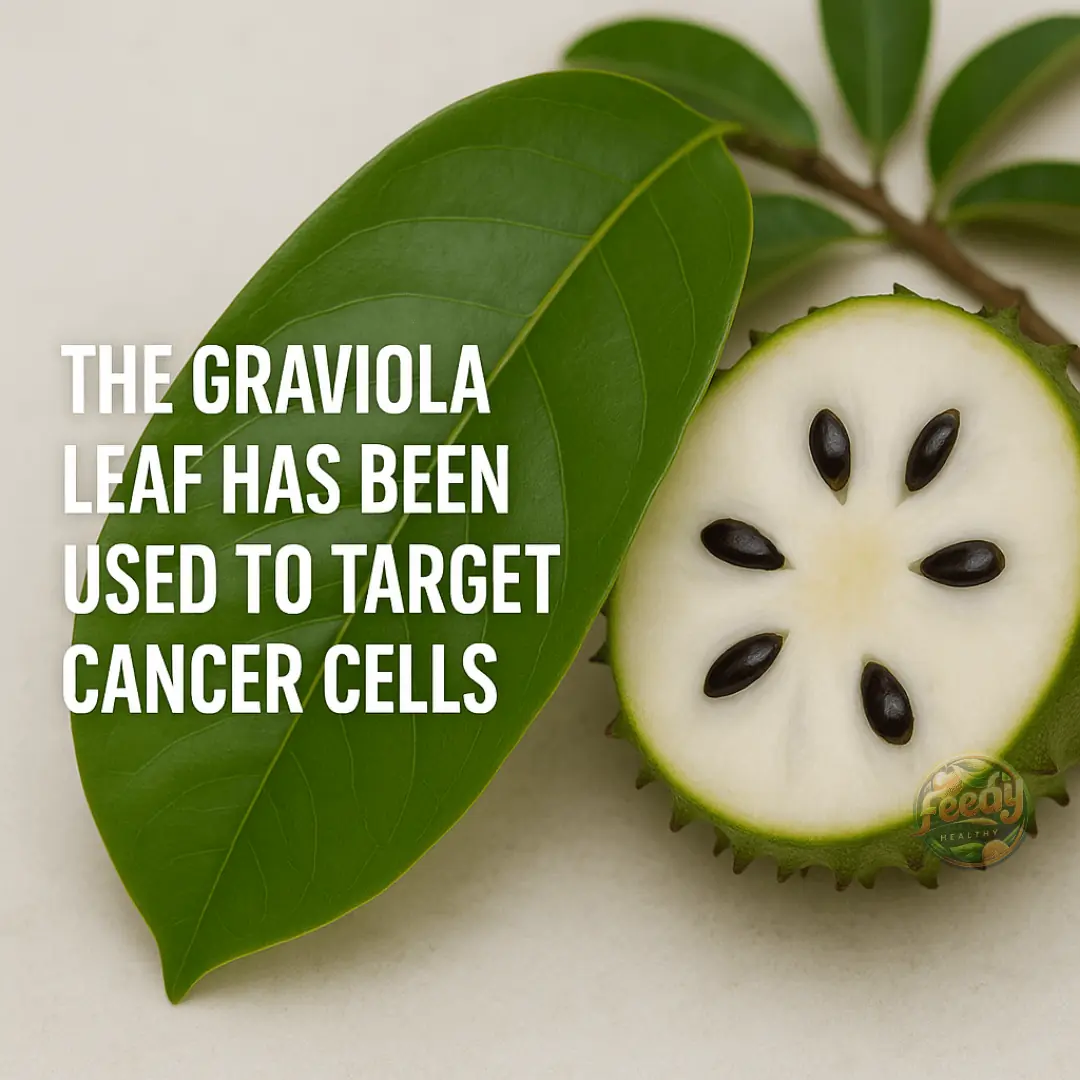
Graviola Leaf: A Traditional Remedy with Promising Potential in Cancer Research
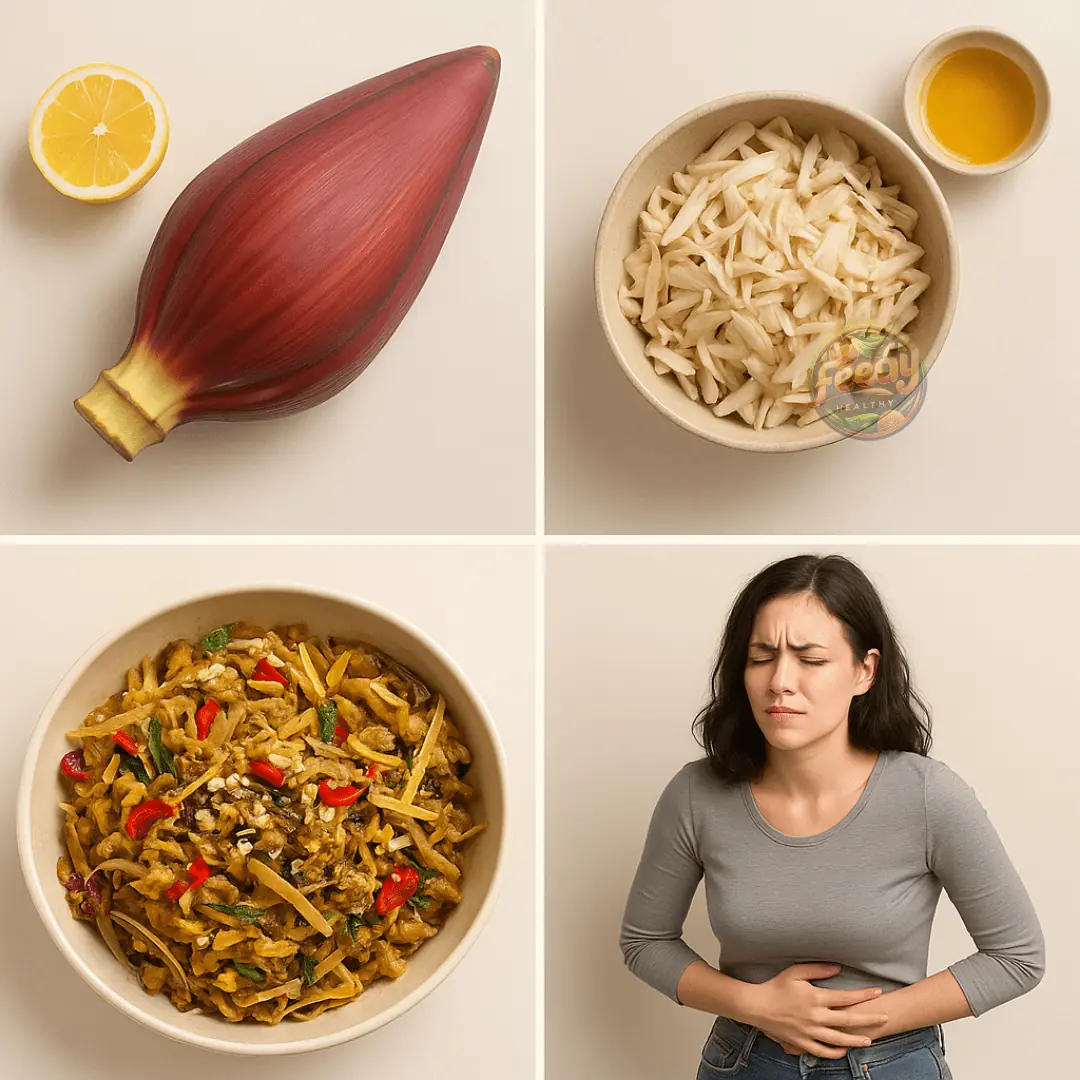
How Banana Blossom Can Boost Your Health: Nutritional Benefits and Delicious Recipes
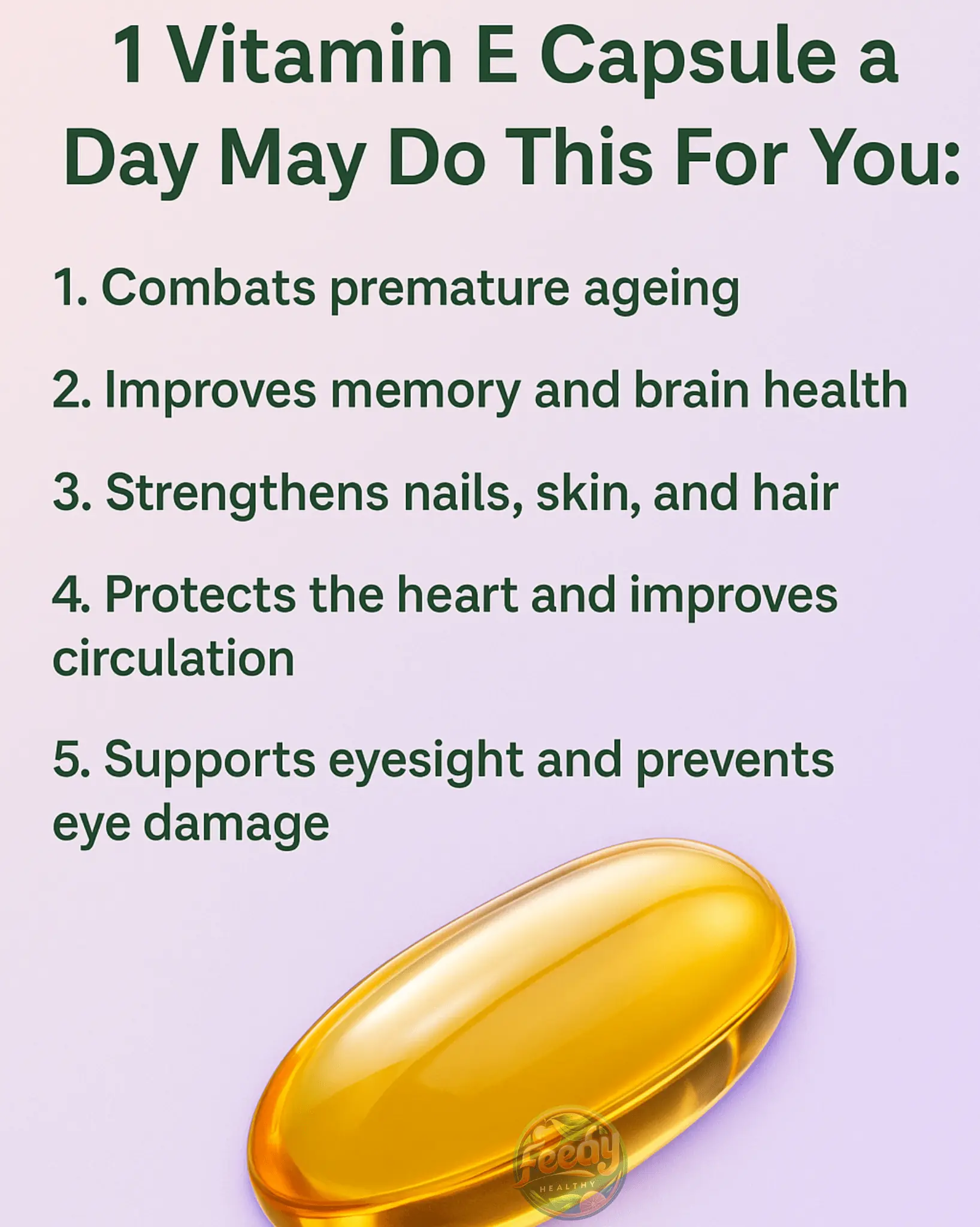
1 Vitamin E Capsule a Day Can Do This For You
News Post
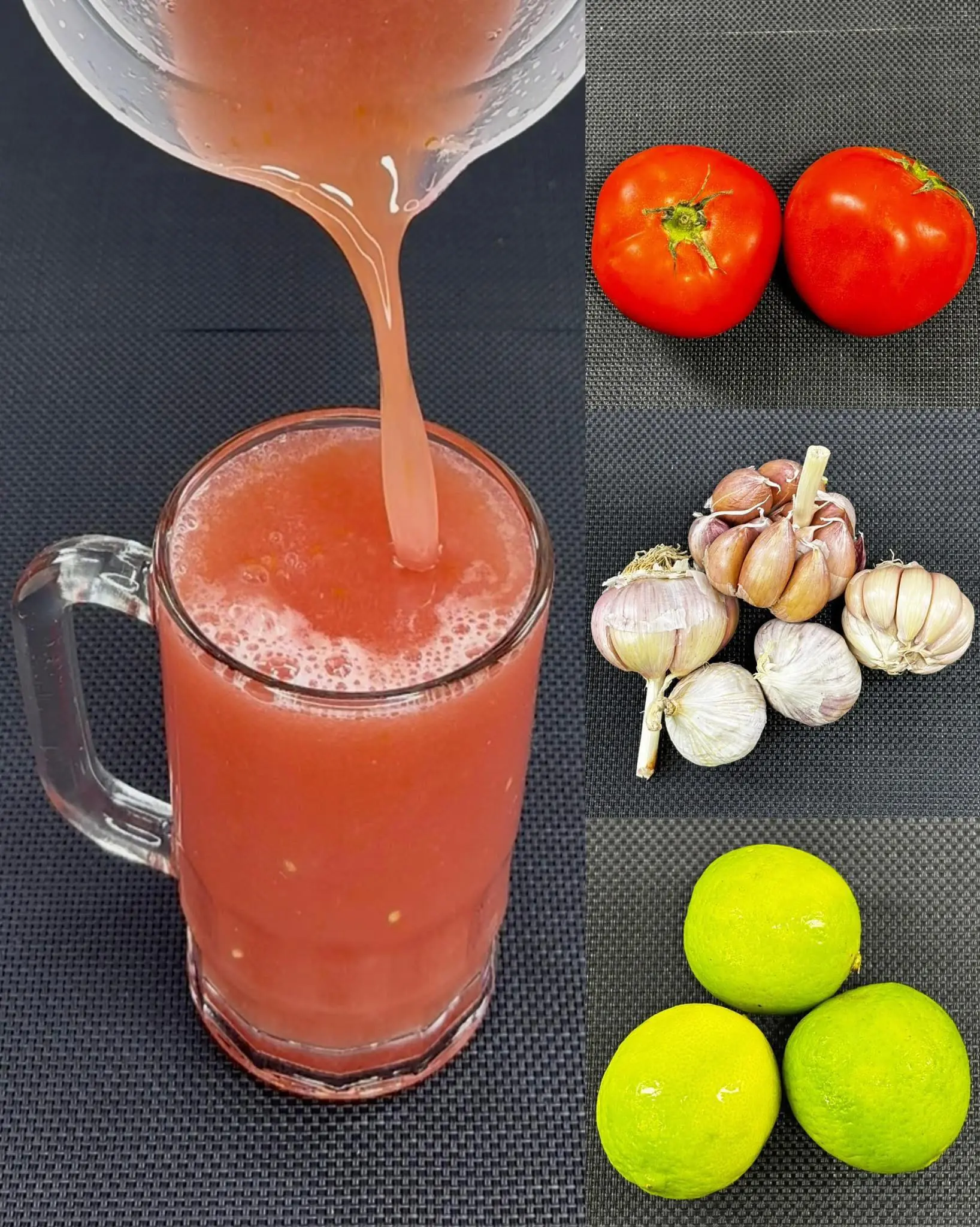
Natural Remedy to Cleanse the Kidneys, Prostate, and Detox Your Body

Two Itchy Areas on the Body Could Be a Sign of Liver Cancer—Often Mistaken for Allergies

Say Goodbye to Anemia, Blurry Vision, and Fatty Liver with This Natural Drink

The 4 Golden Hours to Drink Coffee for Maximum Health Benefits: Detox Your Liver and Boost Digestion

My sister abandoned her adopted daughter after having a bio son

The baby deer curled up next to a wooden deer model, seeking safety after its mother was taken away by hunters.

Fig Sap: Nature’s Quiet Remedy for Skin, Digestion & Everyday Wellness

Never keep these 4 relics after losing a loved one

DO THIS SIMPLE HOME REMEDY WITH VASELINE TO GET RID OF CRACKED HEELS IN 3 DAYS! 🧴🦶
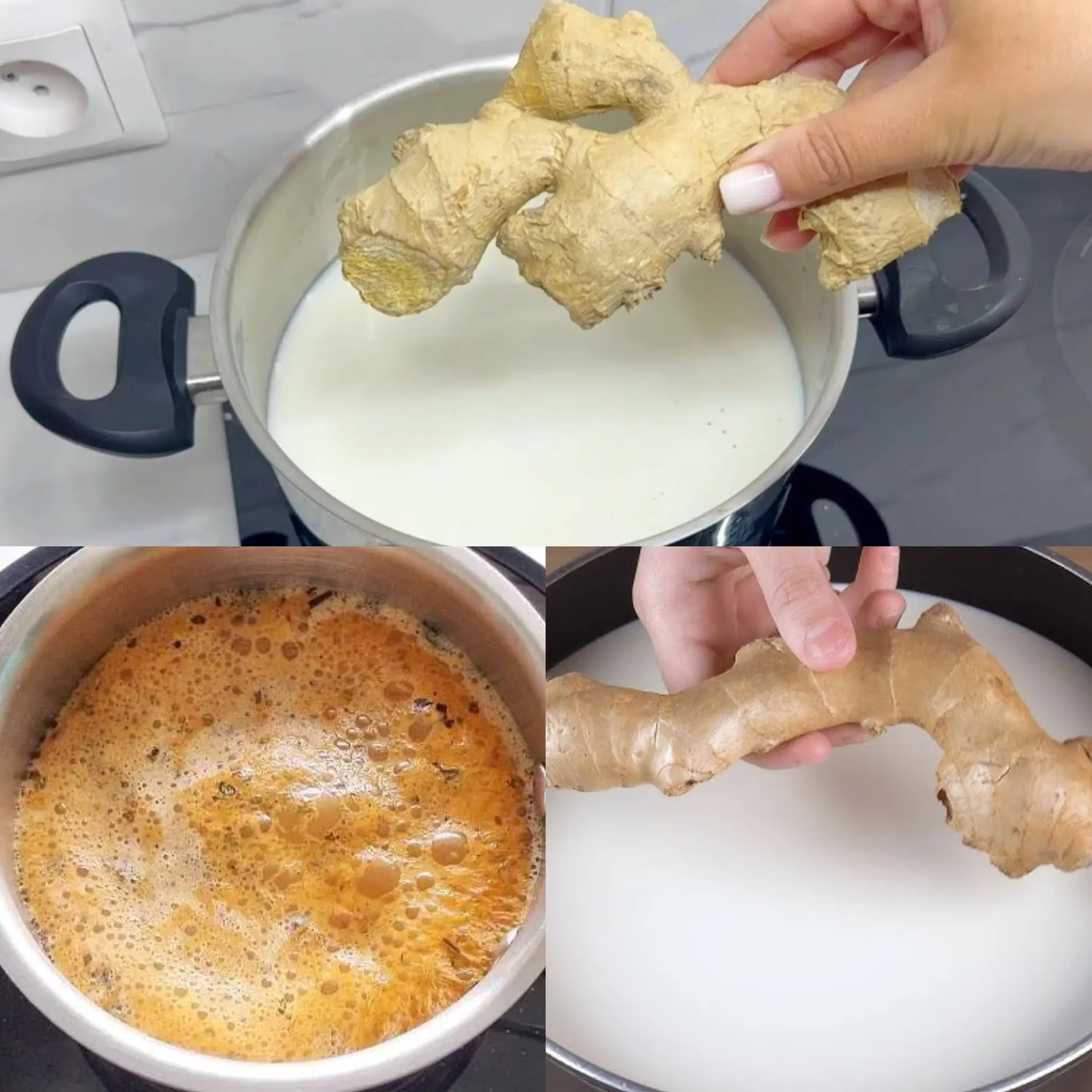
Just Add Ginger Root to Boiling Milk – You’ll Be Thrilled! 🥛🌿
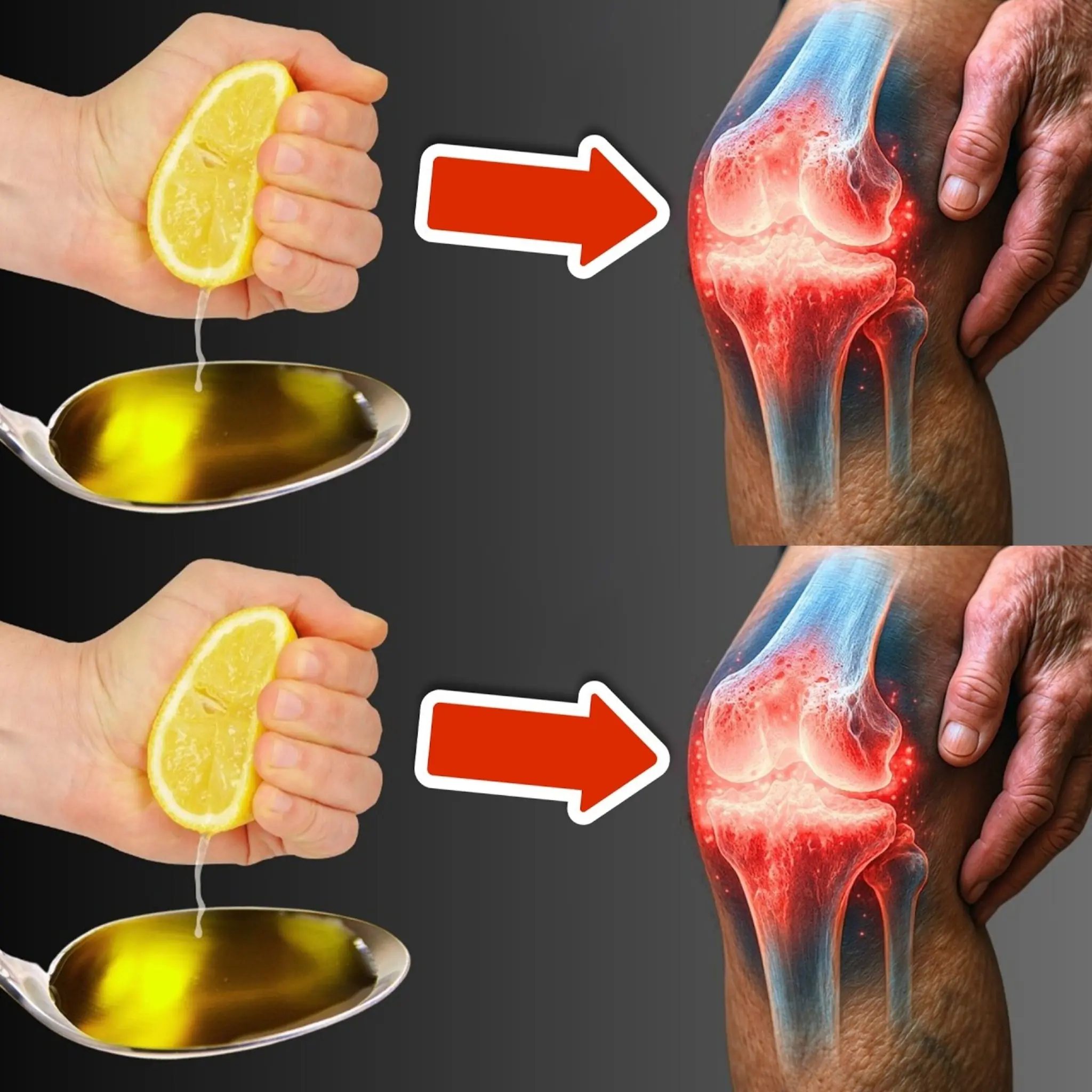
The (Unfortunately Secret) Remedy to Rebuild Knee Cartilage 💥 Incredibly Fast with Lemon & Olive Oil 🤯

Mix Vaseline with Soap and You’ll Be Shocked! If Only I Knew This Earlier! 🧼✨

Yeast Face Mask: A Natural Secret for Smoother, Radiant Skin

Homemade Rice Water: The Natural Tonic Your Skin (and Hair) Will Love ✨

Tourist who was trapped 1,600ft down active volcano for days tragically dies before rescuers get to her
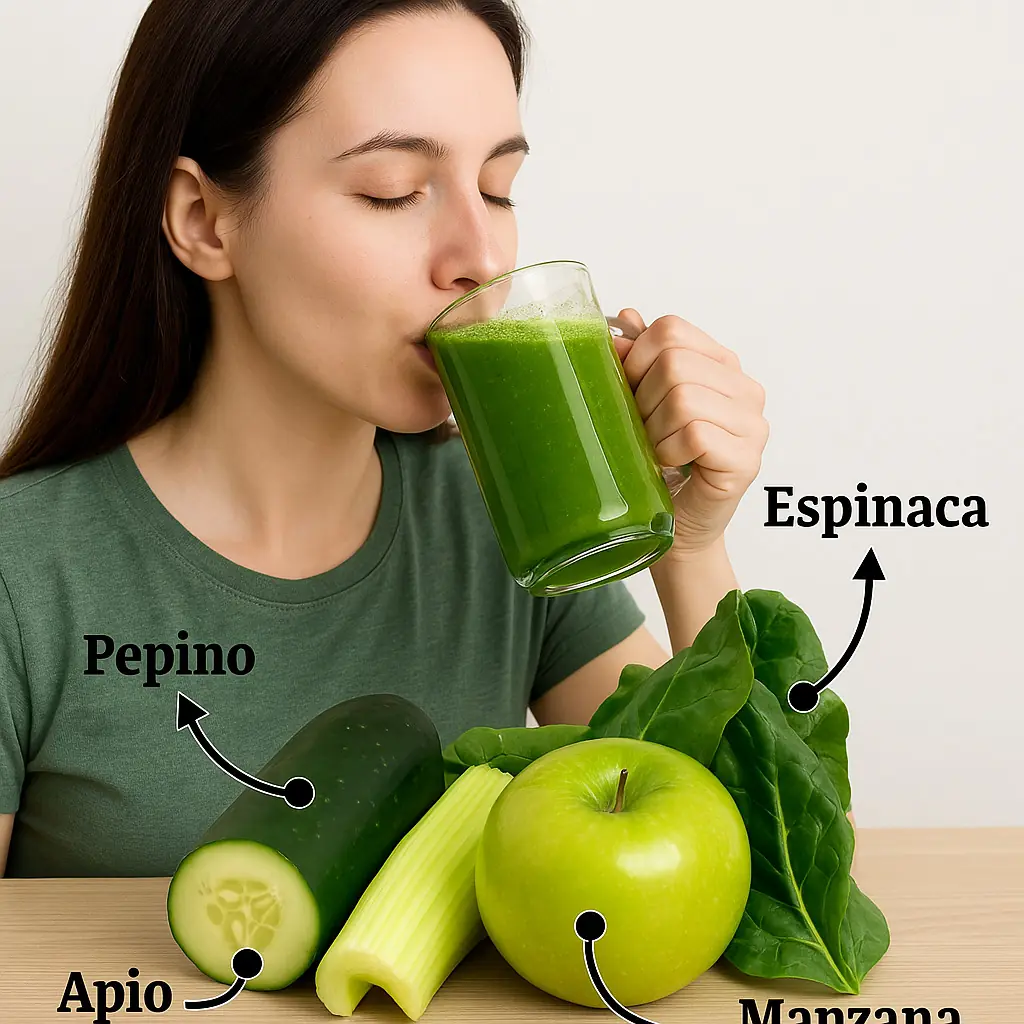
The Ultimate Green Juice for Weight Loss
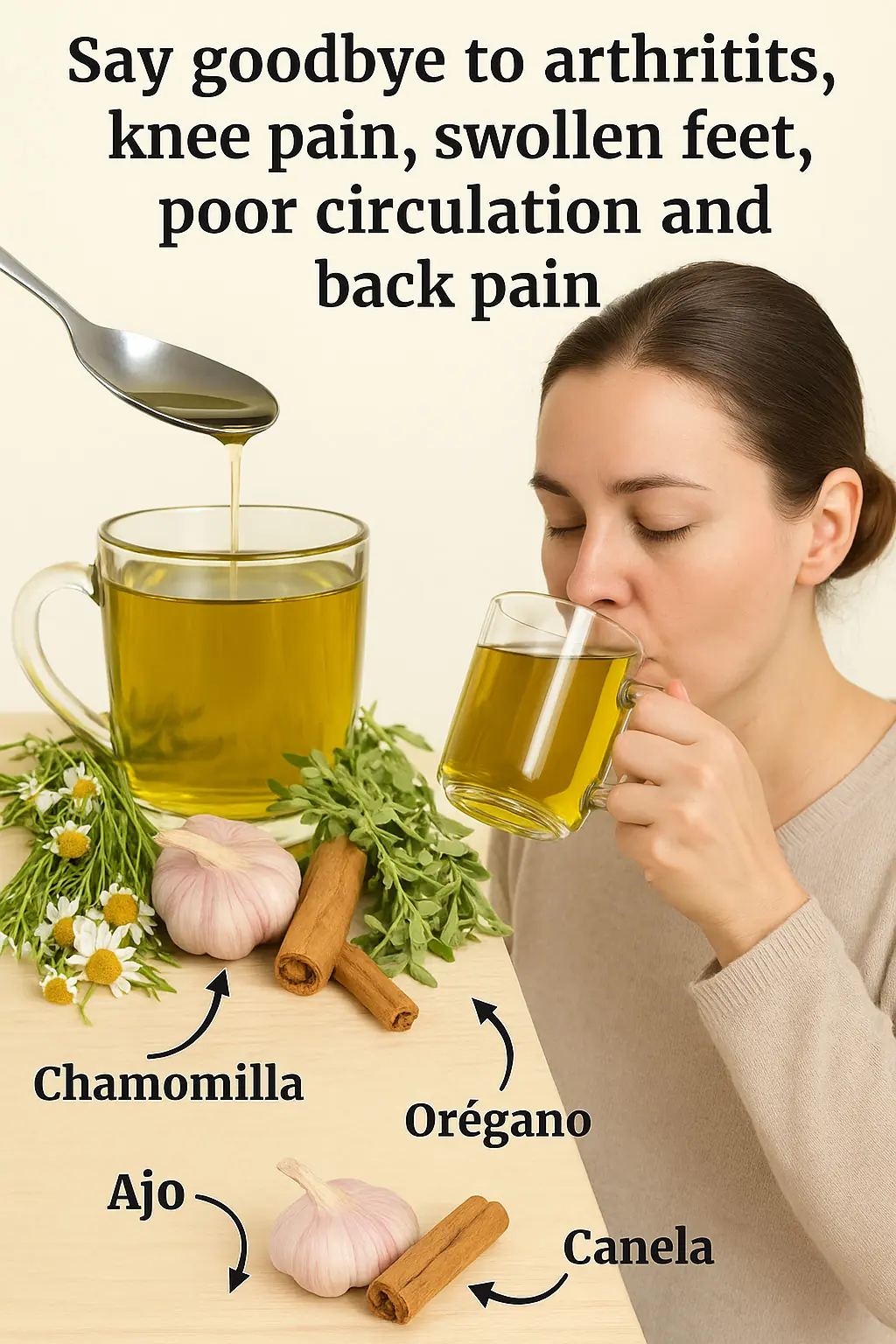
Natural Remedy to Eliminate Arthritis, Swollen Feet, Poor Circulation & Back Pain
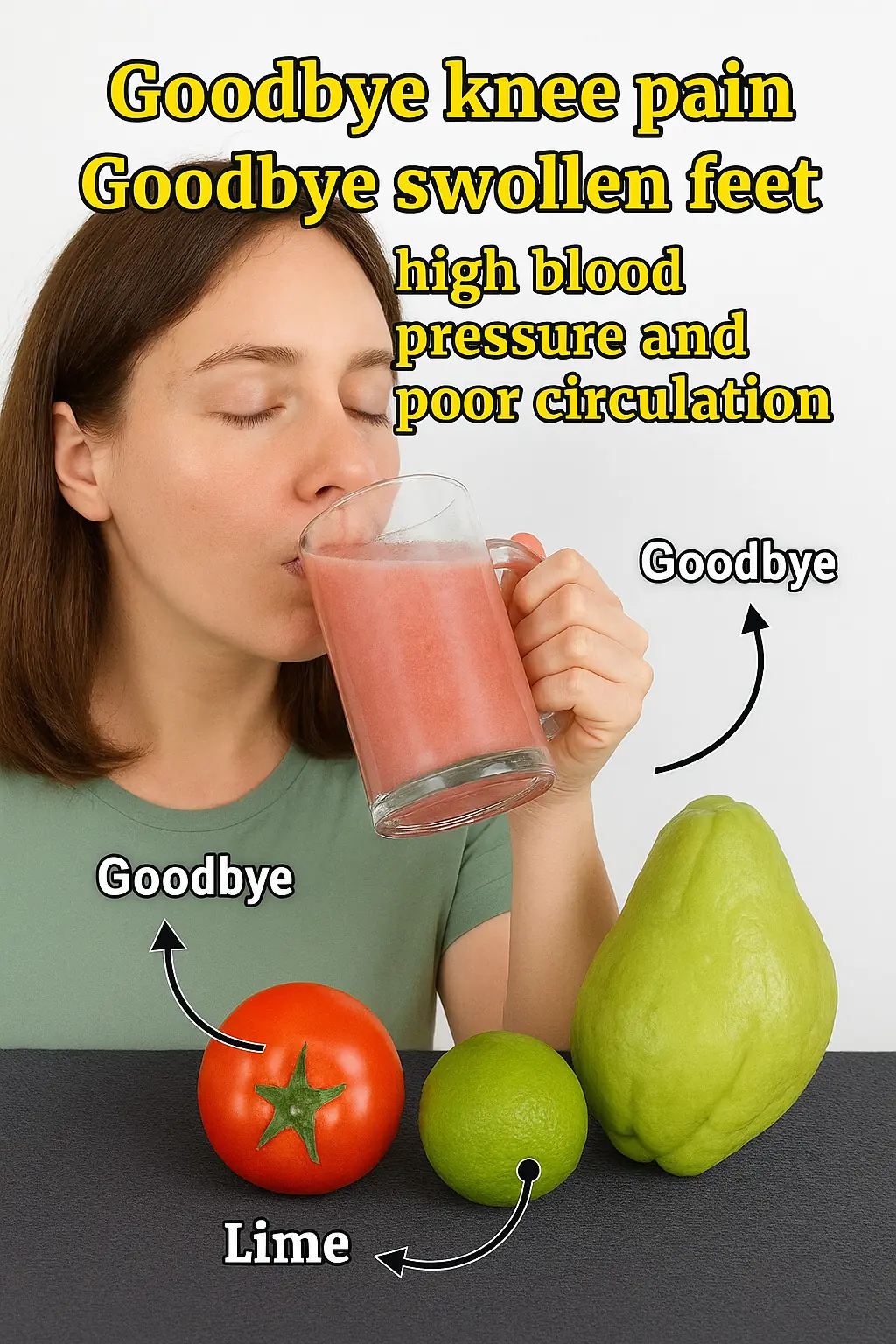
Say Goodbye to Knee Pain and Swollen Feet with This Natural Remedy
